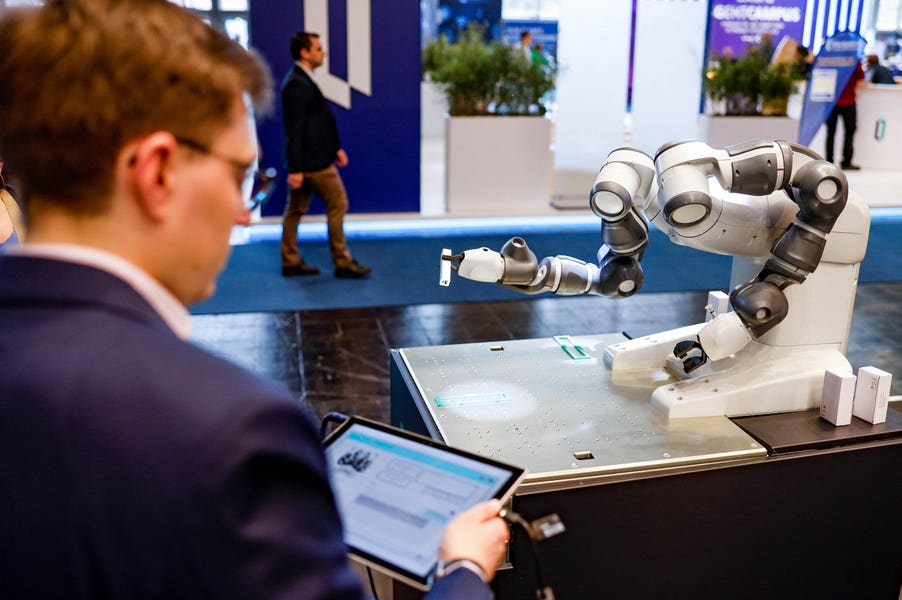In 2023, the integration of cryptocurrency and AI by small and medium-sized businesses (SMBs) was evident, and this trend is expected to continue influencing businesses globally in 2024. The adoption rate of bitcoin on a global scale is currently at 10%, indicating that small businesses are rapidly catching up with larger corporations.
The surge in confidence among SMBs can be attributed to the introduction and advancement of AI technologies, particularly the emergence of new language models like GPT-4 in 2023. These innovations have simplified the utilization of AI, empowering smaller businesses to engage with artificial intelligence more seamlessly.
As a result, a new era of technological advancement is unfolding, marked by the widespread accessibility of AI blockchain tools that enhance operational efficiency and facilitate rapid growth for SMBs.
The evolution in technology has democratized access to AI tools, which were previously exclusive to major corporations due to cost constraints and complexity. The democratization of these tools has enabled organizations of all sizes to leverage sophisticated technologies that were once out of reach.
One significant area where this technological shift is evident is in the realm of supply chain management. Blockchain technology has revolutionized supply chain optimization by offering decentralized solutions that address decision-making bottlenecks, mobility limitations, and communication challenges. The integration of blockchain has empowered small businesses with improved quality control, traceability, and transparency, facilitated by the use of bitcoin and smart contracts.
Moreover, the combination of AI and blockchain has enhanced marketing strategies and customer relationships for SMBs. Traditional marketing methods reliant on guesswork have given way to automated solutions like chatbots, which have seen a surge in demand among small businesses. These AI-powered tools, coupled with blockchain technology, enable personalized customer interactions and efficient advertising practices.
Furthermore, the precision and transparency of data analytics have been significantly enhanced by the fusion of AI and blockchain technologies. Small businesses now have access to affordable AI tools that facilitate in-depth data analysis, enabling them to make informed business decisions and effectively target their markets.
Financial transactions and budgeting have also been simplified for small businesses through the utilization of blockchain technology. The secure and tamper-resistant nature of blockchain-enabled transactions, combined with AI-driven financial analysis tools, has streamlined financial operations for SMBs.
While the benefits of AI and blockchain integration are substantial, it is crucial to acknowledge the human cost associated with these advancements. The automation of routine tasks and the efficiency gains from blockchain technology have led to job displacement, with millions of jobs lost to AI in recent years. However, new opportunities in AI-focused professions are emerging, offering avenues for individuals to adapt to the changing technological landscape.
Looking ahead, the widespread adoption of AI and cryptocurrency is poised to transform small businesses, offering them the tools to compete on a global scale. Despite the challenges posed by job displacement, the emergence of new professions and the potential for income redistribution through initiatives like Universal Basic Income (UBI) signal a future where innovation and adaptability will be key to navigating the evolving business landscape.










